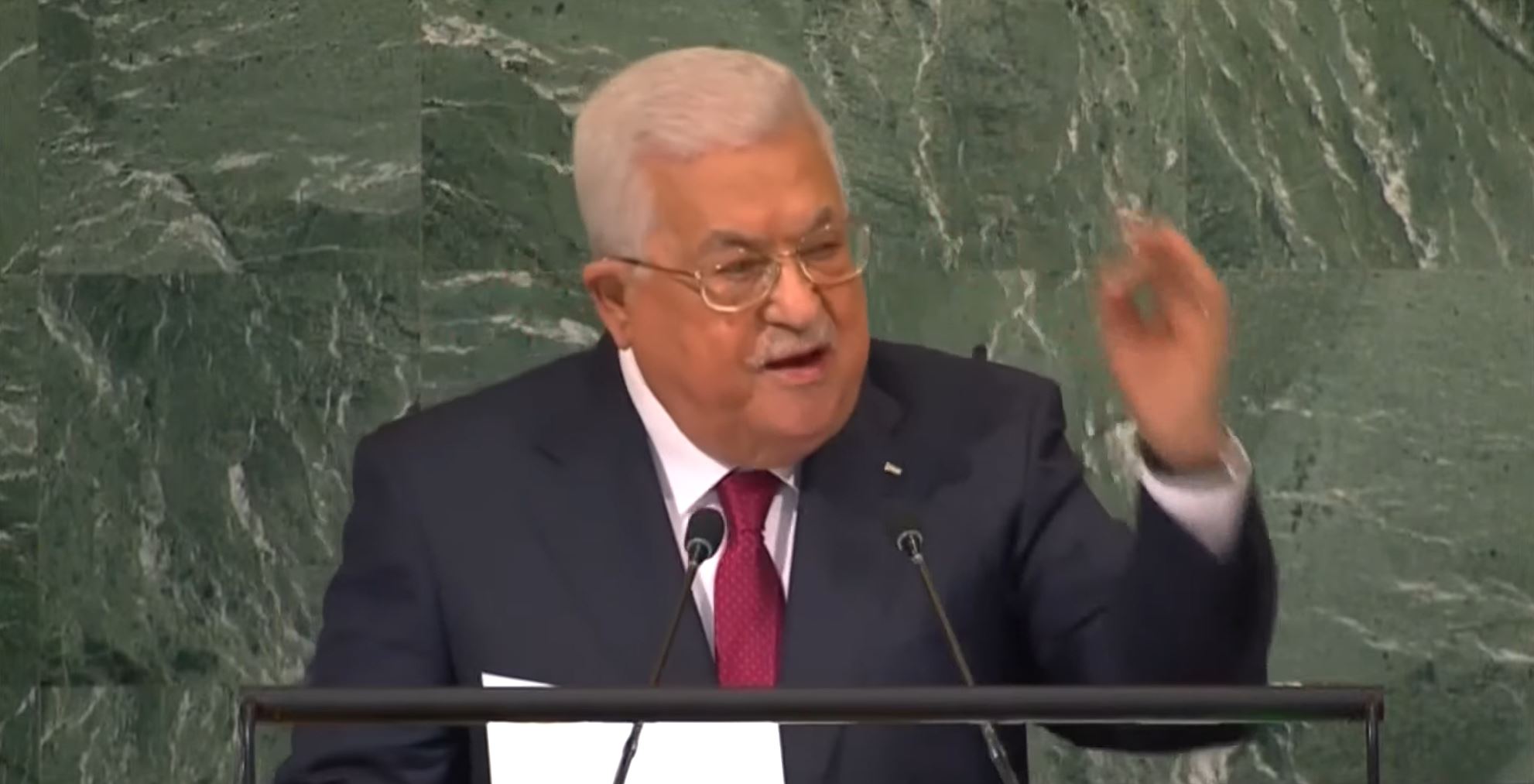Sixties Fan
Diamond Member
- Mar 6, 2017
- 67,285
- 12,048
- 2,290
- Thread starter
- #41
The Crucial Moment
“The support of the British government, when given, will be in conjunction and agreement with the Allied powers.” So announced Weizmann at a Zionist conference in May 1917; as he well
knew, it could not have been otherwise. If the French, the Americans, or perhaps even the Italians had thrown cold water on the Zionist project, that would have broken the momentum in London, leaving the Zionists without a British declaration. And so the triumvirate of Sokolow, Weizmann, and Brandeis left nothing to chance. Thanks to their efforts, when the crucial moment came in the British war cabinet, Balfour could claim the assent of the Allies: “Mr. Balfour then read a very sympathetic declaration by the French Government which had been conveyed to the Zionists, and he stated that he knew that President Wilson was extremely favorable to the Movement.”
The Cambon letter proved indispensable. The historian Isaiah Friedman, who probably weighed more evidence than anyone, believed that without it “there would have been no Balfour Declaration.” (Balfour reportedly said the same to Sokolow.) As for Woodrow Wilson’s assent, the British war cabinet had insisted upon it; without it, as the diplomatic historian Frank Brecher noted, the Balfour Declaration “almost certainly” would not have been issued. Weizmann called it “one of the most important individual factors in breaking the deadlock created by the British Jewish anti-Zionists, and in deciding the British government to issue its declaration.”
Despite appearances, the Balfour Declaration was more than the chess move of a single power. Behind it stood the Allies, each of whom gave it some push forward.
Despite appearances, then, the Balfour Declaration was more than the chess move of a single power. Behind it stood the Allies, each of whom gave it some push forward. And when Balfour finally issued it, no one doubted that that the Allies stood by Britain’s side. Just after publication of the declaration, the Jewish Chronicle of London affirmed that the British government had acted “in accord—it is without doubt to be assumed—with the rest of the Allies.” The Zionist Review described the declaration as “formal public recognition by Great Britain (and, that is, by the Allies) that Israel as a nation lives and persists.”
Stephen Wise, chairman of the Provisional Zionist Committee in New York, knew all of the inside details of how Sykes and the Zionists had canvassed for Allied “votes.” “It may be assumed,” he hinted, “that Britain is not acting alone.”
It is not for us to predicate that England has spoken and acted in concert with her Allies, but we are justified in believing that England, ever working in closest cooperation with her Allies in the war, will in the day of peace find herself not only supported by France and Italy, but above all by the American government and people.
“The support of the British government, when given, will be in conjunction and agreement with the Allied powers.” So announced Weizmann at a Zionist conference in May 1917; as he well
knew, it could not have been otherwise. If the French, the Americans, or perhaps even the Italians had thrown cold water on the Zionist project, that would have broken the momentum in London, leaving the Zionists without a British declaration. And so the triumvirate of Sokolow, Weizmann, and Brandeis left nothing to chance. Thanks to their efforts, when the crucial moment came in the British war cabinet, Balfour could claim the assent of the Allies: “Mr. Balfour then read a very sympathetic declaration by the French Government which had been conveyed to the Zionists, and he stated that he knew that President Wilson was extremely favorable to the Movement.”
The Cambon letter proved indispensable. The historian Isaiah Friedman, who probably weighed more evidence than anyone, believed that without it “there would have been no Balfour Declaration.” (Balfour reportedly said the same to Sokolow.) As for Woodrow Wilson’s assent, the British war cabinet had insisted upon it; without it, as the diplomatic historian Frank Brecher noted, the Balfour Declaration “almost certainly” would not have been issued. Weizmann called it “one of the most important individual factors in breaking the deadlock created by the British Jewish anti-Zionists, and in deciding the British government to issue its declaration.”
Despite appearances, the Balfour Declaration was more than the chess move of a single power. Behind it stood the Allies, each of whom gave it some push forward.
Despite appearances, then, the Balfour Declaration was more than the chess move of a single power. Behind it stood the Allies, each of whom gave it some push forward. And when Balfour finally issued it, no one doubted that that the Allies stood by Britain’s side. Just after publication of the declaration, the Jewish Chronicle of London affirmed that the British government had acted “in accord—it is without doubt to be assumed—with the rest of the Allies.” The Zionist Review described the declaration as “formal public recognition by Great Britain (and, that is, by the Allies) that Israel as a nation lives and persists.”
Stephen Wise, chairman of the Provisional Zionist Committee in New York, knew all of the inside details of how Sykes and the Zionists had canvassed for Allied “votes.” “It may be assumed,” he hinted, “that Britain is not acting alone.”
It is not for us to predicate that England has spoken and acted in concert with her Allies, but we are justified in believing that England, ever working in closest cooperation with her Allies in the war, will in the day of peace find herself not only supported by France and Italy, but above all by the American government and people.


